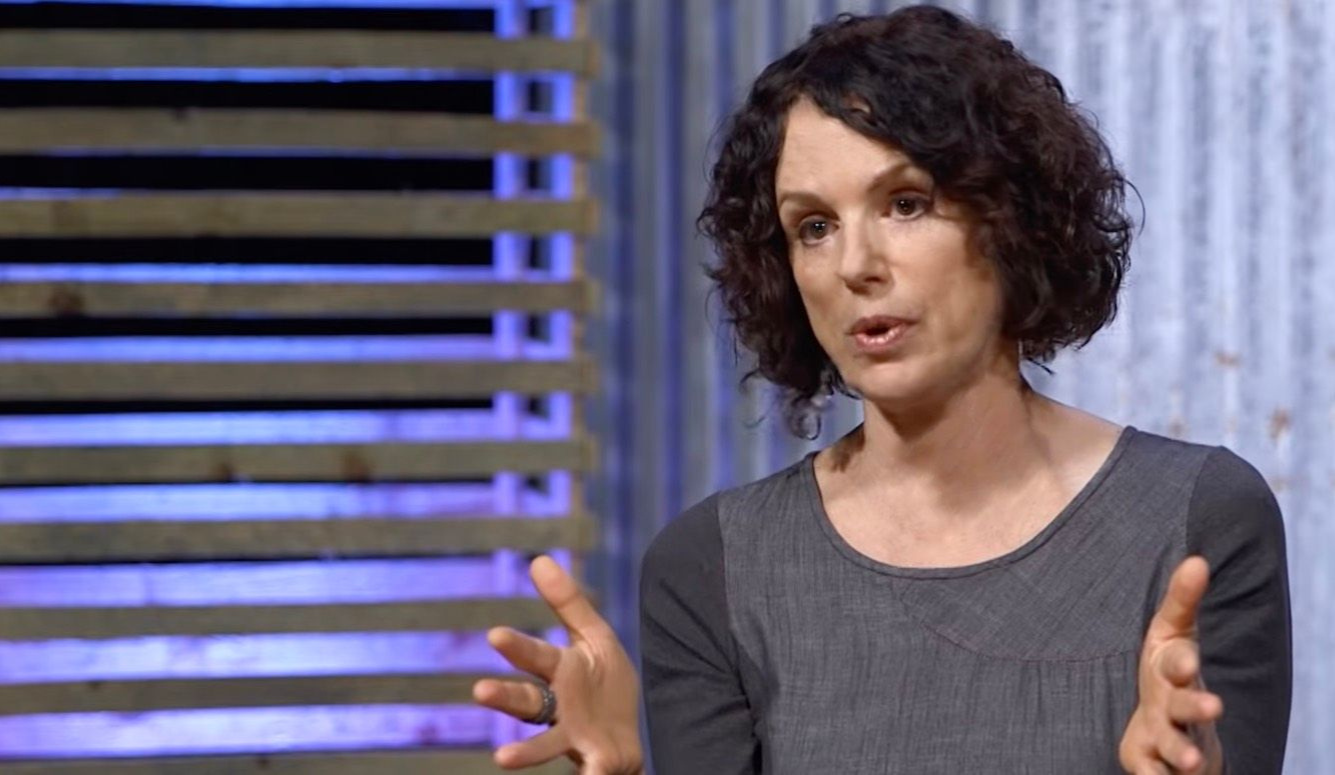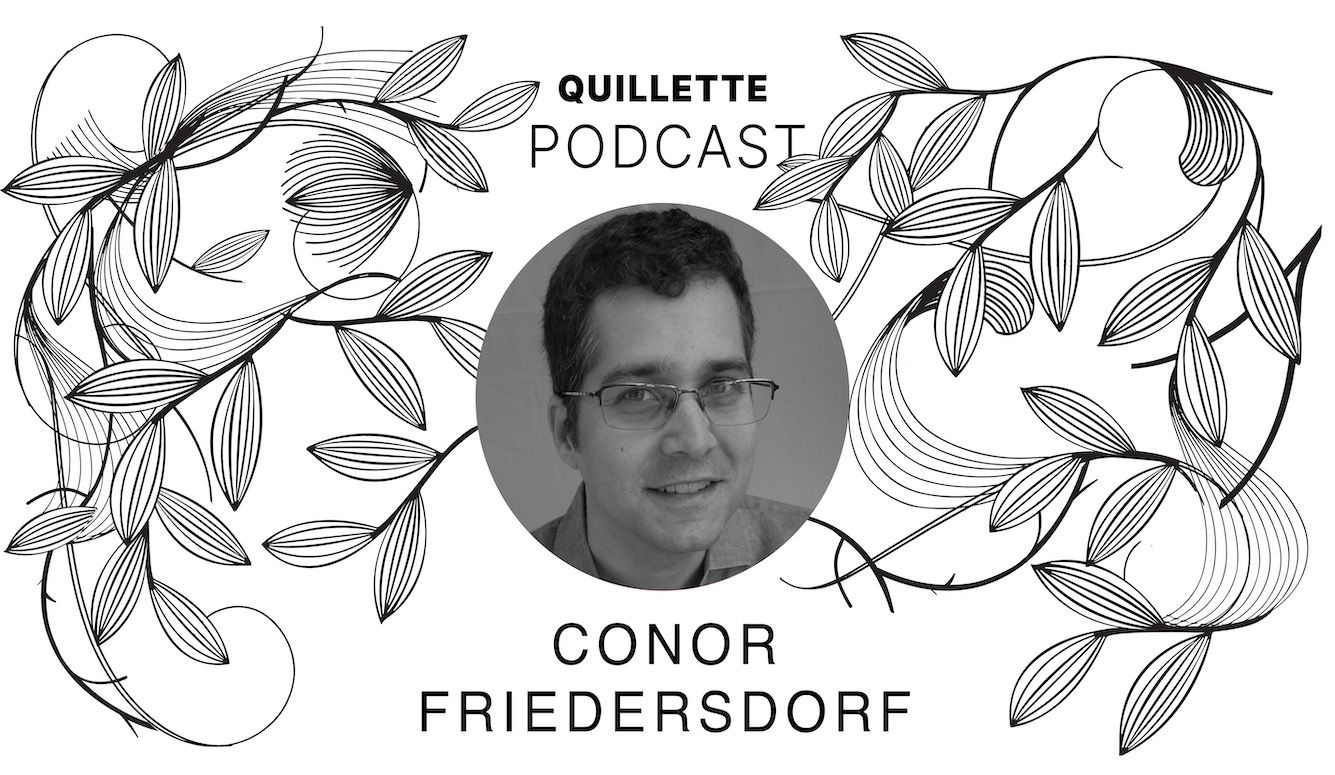DEI
Should the DEI Industry ‘Check Its Privilege’? An Interview with Conor Friedersdorf of The Atlantic
In a May 31st article, “The DEI Industry Needs to Check Its Privilege,” Friedersdorf argued that many Diversity, Equity, and Inclusion (DEI) programs likely do little to further the cause of social justice, even as they help enrich the DEI experts who champion them.

The text that follows is adapted from a June 7th, 2023 podcast interview conducted by Quillette’s Jonathan Kay with Atlantic Magazine writer and Substack contributor Conor Friedersdorf.
Jonathan Kay: I’m going to start off by reading this text you have at the beginning of your article: “Now and forever, employers should advertise jobs to applicants of all races and ethnicities, afford everyone an equal opportunity to be hired and promoted, manage workplaces free of discrimination and foster company cultures where everyone is treated with dignity.”
Are you old enough to remember when this kind of colour-blind language was considered to be a progressive way of speaking—as opposed to something that’s now seen as risqué to say in progressive circles?
Conor Friedersdorf: It was pretty recently, I think. I wouldn’t have thought that saying that would have been at all controversial as recently as, say, 2012, 2013, or 2014.
JK: Most places wouldn’t have published this kind of article. So props to the Atlantic for publishing it.
CF: It’s striking to me that we’re even having that kind of conversation, and we’re a bit uncertain about who might or might not publish this kind of piece—because I don’t see it as having made any claims that are at all out of the mainstream for members of any race. I don’t think that there’s any racial or demographic group in America where you’d find a majority of people saying that [what I’ve written] is totally unreasonable.

JK: Right. But you know that that’s not the criteria that a lot of newsrooms now use. It’s more of a tribal thing: Is this author on the right side of history, or is he on the wrong side of history—especially after the George Floyd moment in 2020.






